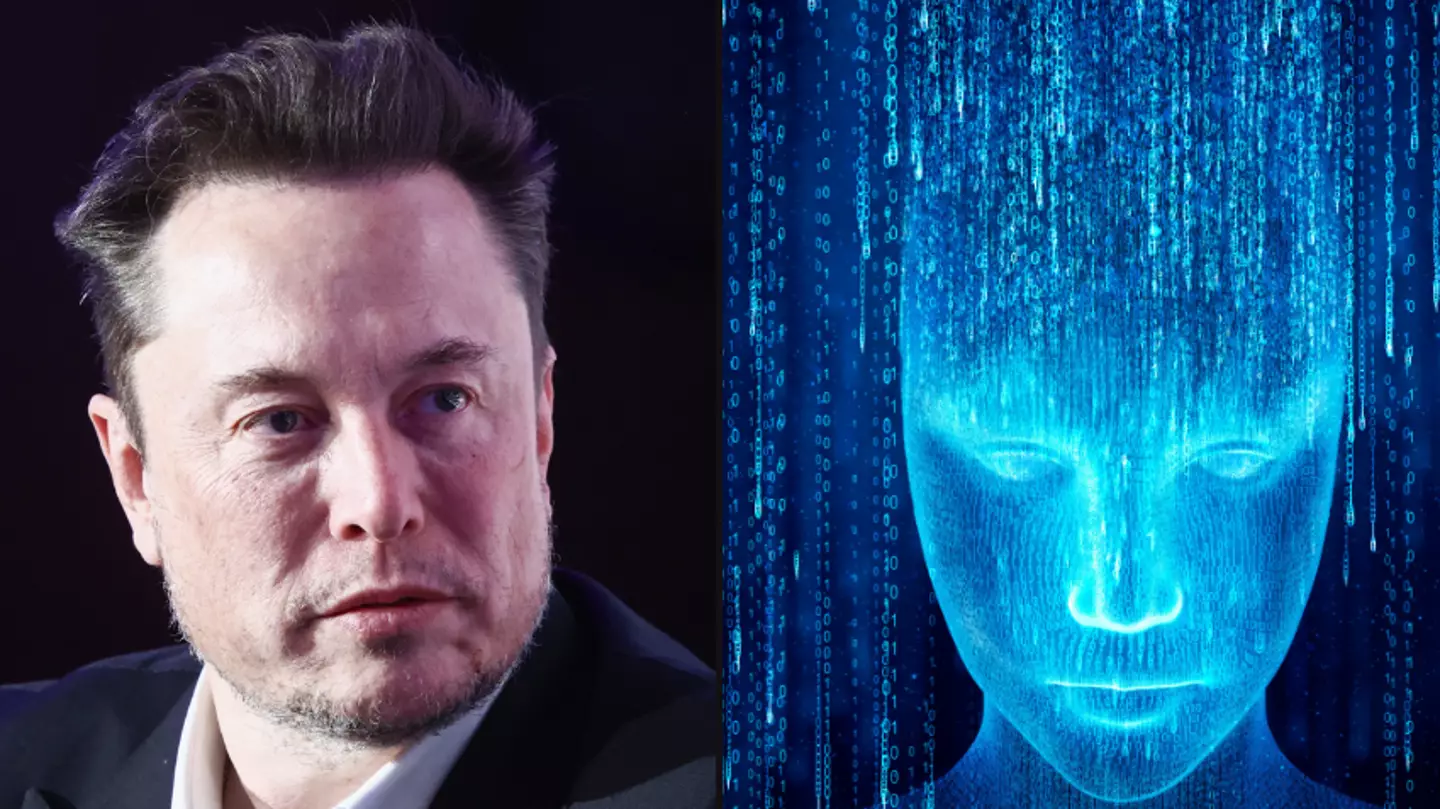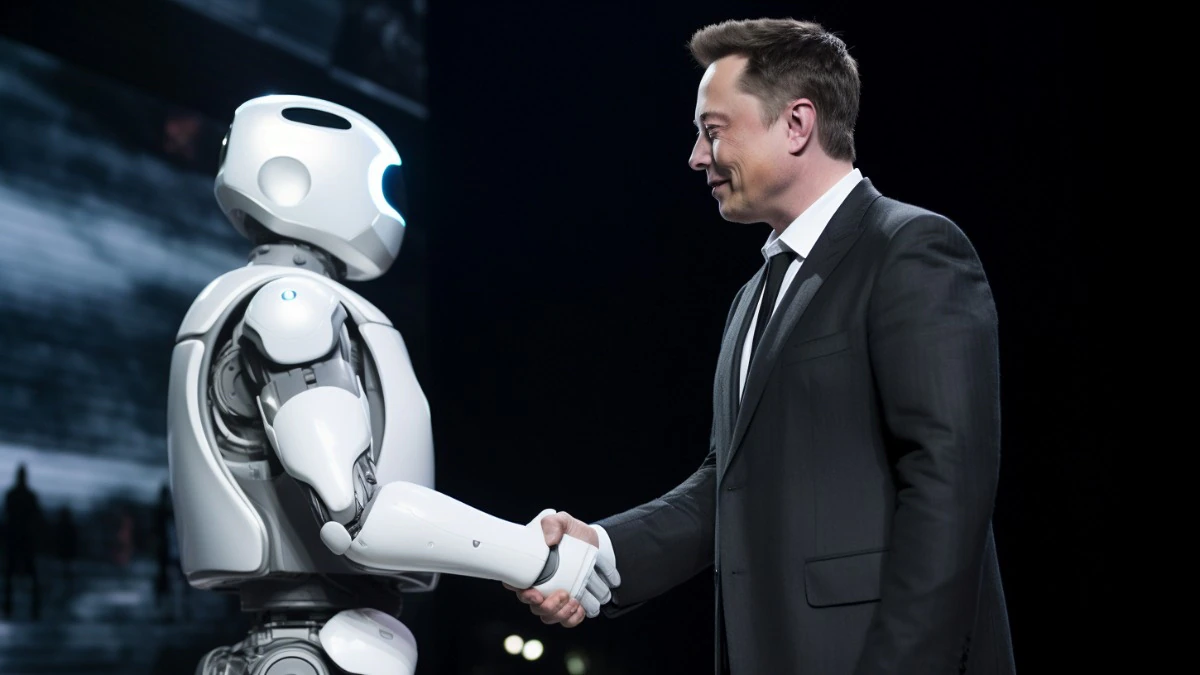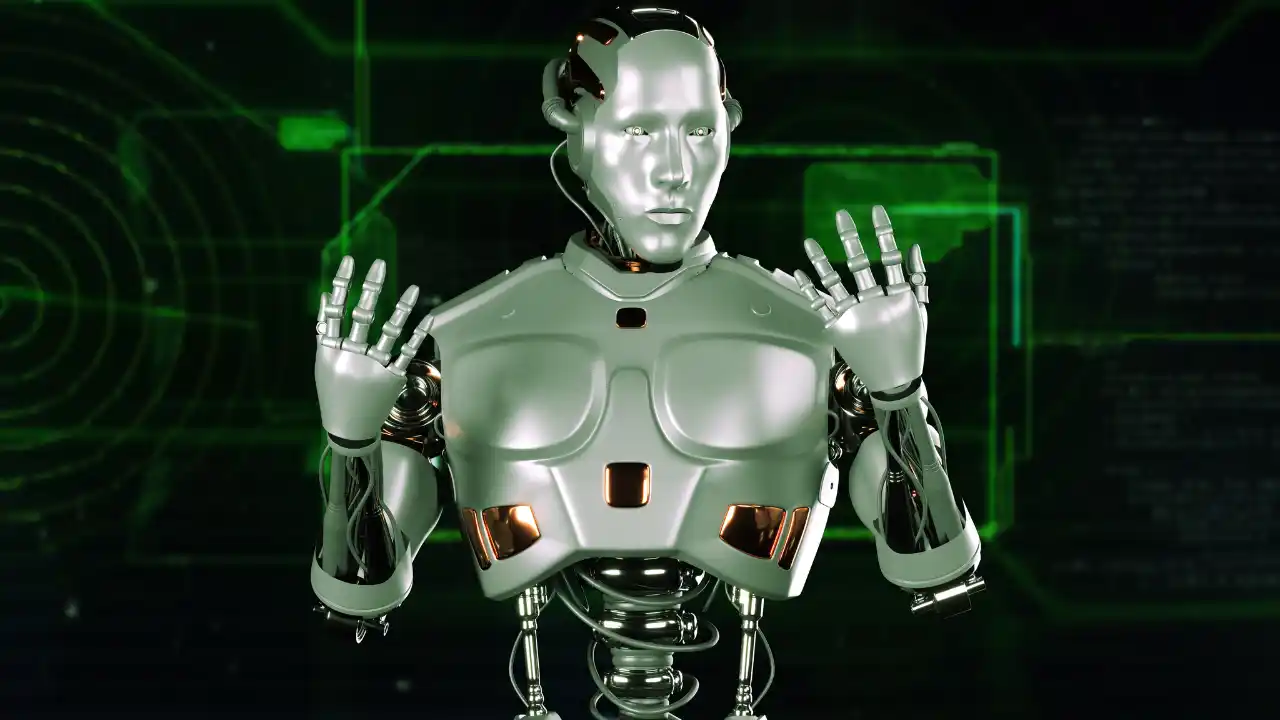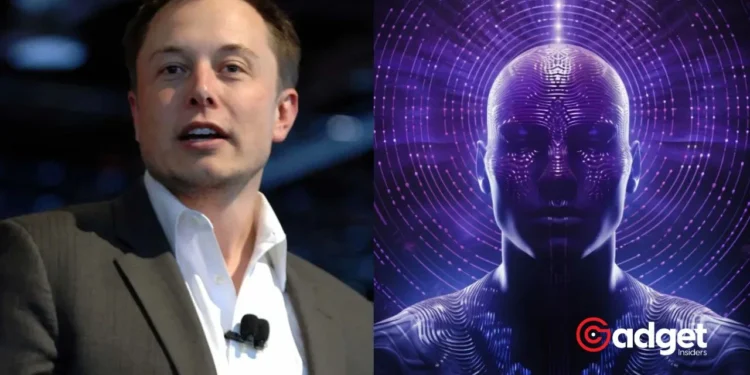In a world increasingly driven by technological advancement, the conversation about artificial intelligence (AI) and its trajectory has taken centre stage. Recently, Elon Musk, a figure synonymous with groundbreaking innovations, made a bold assertion that could potentially alter our understanding of AI’s capabilities.
During a livestream interview with Nicolai Tangen, CEO of Norges Bank Investment Management, Musk stated, “AI is the fastest advancing technology I’ve seen of any kind, and I’ve seen a lot of technology.” His prediction? “My guess is we’ll have AI smarter than any one human around the end of next year.”

The Balancing Act: Progress vs. Practicality
While the idea of AI surpassing human intelligence sounds like something out of a science fiction novel, it is closer to reality than many might think. Musk’s forecast is not without its caveats, however. He highlighted potential limitations in the development of AI, such as the demand for chips and electricity, which could throttle the pace at which this superintelligence emerges.
The Ongoing Debate on AI Safety and Ethics
Elon Musk’s concerns about AI are not new. He has consistently voiced his apprehensions about the unchecked growth of AI technology, fearing the existential risks it poses. At a U.S. government AI summit last September, Musk, alongside tech leaders like Google’s Sundar Pichai and Meta’s Mark Zuckerberg, emphasized the urgent need for effective regulation of AI. He chillingly noted, “There’s some chance – above zero – that AI will kill us all. I think it’s low but there’s some chance.” This stark warning underscores the critical importance of framing AI development within strict ethical boundaries to prevent potential misuse that could have catastrophic consequences.

A Competitive Landscape: The Legal and Commercial Tensions
Adding to the drama in the AI sphere is Musk’s recent lawsuit against OpenAI’s founders, Sam Altman and Greg Brockman. Musk accused them of straying from the original humanitarian mission of the company in pursuit of commercial success. This legal battle highlights the tension between entrepreneurial ambition and ethical commitment in the race to develop AI technologies.
Elon Musk has made another bold prediction. He says, "AI will be smarter than humans next year."
Um… pic.twitter.com/GnsNW995dT
— Booker (@RealBookerScott) April 9, 2024
Elon Musk’s Prediction, Public Perception, and Expert Insights
Despite the sensational predictions and the buzz surrounding AI, there’s a divergence in views among experts about the timeline and the likelihood of achieving true AI superintelligence. A survey conducted by Tata Consultancy Services involving 21 corporate futurists found a consensus that we are still far from realizing AI that could be deemed sentient. Bernard Marr, a noted futurist and author, also tempered expectations in his recent CNBC interview, stating, “We are a very long way from AI becoming sentient, if ever,” though he acknowledged the strides AI has made in tasks traditionally performed by humans.

Looking Ahead: The Road to Superintelligence
As we inch closer to the end of next year, the tech world and beyond will be watching closely to see if Musk’s predictions align with the pace of AI development. The debate will undoubtedly continue, as will the technological advancements. Whether AI will indeed surpass human intelligence shortly or if we are merely spectators in a hype cycle remains to be seen. What is clear, however, is that the journey towards understanding and potentially achieving superintelligence is fraught with both remarkable possibilities and profound challenges.










